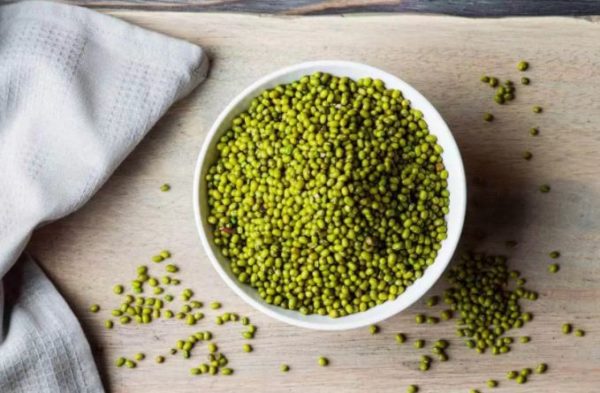Lifestyle
5 impressive health benefits of Mung beans

Mung beans (Vigna radiata) are small, green beans that belong to the legume family. They have been cultivated since ancient times.
These beans have a slightly sweet taste and are sold fresh, as sprouts or as dried beans. They aren’t as popular, but can be purchased from most health food stores.
Mung beans are incredibly versatile and typically eaten in salads, soups and stir-frys. They’re high in nutrients and believed to aid many ailments.
Here are 5 health benefits of mung beans:
1. May lower “bad” LDL cholesterol levels, reducing heart disease risk
High cholesterol, especially “bad” LDL cholesterol, can raise your risk of heart disease. Interestingly, research shows that mung beans may have properties that can lower LDL cholesterol.
For instance, animal studies have shown that mung bean antioxidants can lower blood LDL cholesterol and protect the LDL particles from interacting with unstable free radicals.
A review of 26 studies found that eating one daily serving (around 130 grams) of legumes, such as beans, significantly lowered blood LDL cholesterol levels.
2. Rich in potassium, magnesium and fiber, which may reduce blood pressure
High blood pressure is a serious health problem because it puts you at risk of heart disease — the leading cause of death in the world.
However, mung beans may help lower blood pressure. They’re a good source of potassium, magnesium and fiber. Studies have linked each of these nutrients to a significantly lower risk of high blood pressure.
3. Antioxidant vitexin and isovitexin may prevent heat stroke
Mung beans contain antioxidants such as vitexin and isovitexin that may protect against free radical damage that occurs during heat stroke.
Animal studies have shown that these antioxidants in mung bean soup may actually help defend cells against injury from free radicals that form during heat stroke.
4. High antioxidant levels may reduce chronic disease risk
Mung beans contain many healthy antioxidants, including phenolic acids, flavonoids, caffeic acid, cinnamic acid and more.
Antioxidants help neutralize potentially harmful molecules known as free radicals.
In high amounts, free radicals can interact with cellular components and wreak havoc. This damage is linked to chronic inflammation, heart disease, cancers and other diseases.
5. Fiber and resistant starch in mung beans may aid digestive health
Mung beans contain a variety of nutrients that are great for digestive health. They’re high in fiber, providing an impressive 15.4 grams per cooked cup (202 grams).
In particular, mung beans contain a type of soluble fiber called pectin, which can help keep your bowels regular by speeding up the movement of food through your gut.
Mung beans, like other legumes, also contain resistant starch.
Resistant starch works similarly to soluble fiber, as it helps nourish your healthy gut bacteria. The bacteria then digest it and turn it into short-chain fatty acids — butyrate, in particular.






